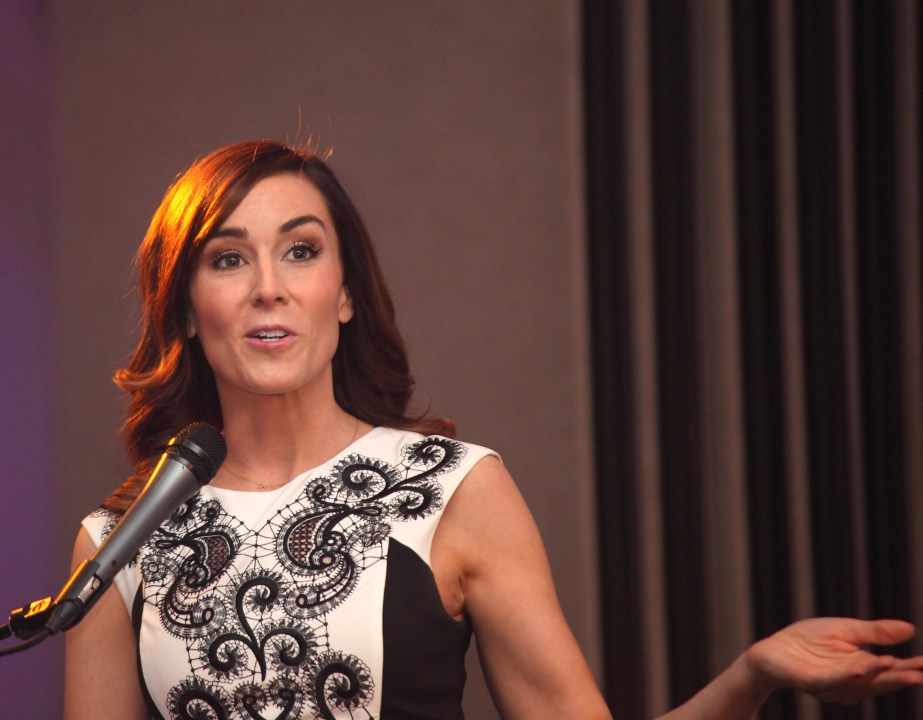Canadians are witnessing two post-hostage dramas and there are lessons to be learned from each. In October, after five years in captivity, Canadian Joshua Boyle, his American wife Caitlin Coleman, and the couple’s three young children were rescued from their captors by Pakistani troops after a shootout in Pakistan’s rugged border area with Afghanistan.
On the same day, Canadian Amanda Lindhout was in an Ottawa courtroom facing a Somali man who she says was one of her hostage-takers during 460 days of captivity in the east African country in 2008-09.
Boyle in Afghanistan
Boyle and Coleman spent months traveling in Central Asia after their marriage in 2011, and then decided to go backpacking in Afghanistan. Coleman was pregnant at the time. They were kidnapped in 2012 and their captors demanded a ransom payment and freedom for various Taliban prisoners in exchange for their release.
In videos issued in 2016, Coleman begged US President Barack Obama to secure their liberty and not to become another Jimmy Carter — an apparent reference to the former president’s failing to secure the release of American hostages taken in Iran in 1979.
After his family’s release, Boyle described himself to reporters as a “pilgrim” and said that he and his wife went to Afghanistan to help villagers who he described as “the most neglected minority group in the world.” He claimed that he was going where “no NGO, no aid worker and no government has ever been successfully able to bring the necessary help.”
These are delusional comments from someone who lacked the education, experience, resources and local contacts to become the humanitarian helper that he believed himself to be. It is difficult enough for aid organizations such as Doctors Without Borders, the Mennonite Central Committee or the Red Cross to work in war zones. For an individual without training or institutional support, it is simply not possible.
Lindhout in Somalia
Amanda Lindhout was similarly unprepared to be a war correspondent in Somalia. She had earlier used money saved from her job as a cocktail waitress in Red Deer, Alberta to travel extensively on a shoestring budget. At some point she decided to become a war correspondent, although she had no training or relevant experience.
In 2008, she went to Mogadishu with her then boyfriend Nigel Brennan, an Australian freelance photographer. Within days, they were kidnapped and held for 15 months. Lindhout has described how she lived in filthy conditions and how she was gang-raped by her captors.
In a strange twist, the RCMP, working undercover, eventually lured one of those captors to Canada and he is now on trial in Ottawa for criminal hostage-taking. In a tape recording from September 2009, which was played in court, Lindhout tells her mother Lorinda Stewart that she is being tortured and begs her to come up with the ransom money. At the time, Stewart was working at a minimum wage job and Lindhout’s father was on long-term disability.
In the phone call, Stewart tells Lindhout that they are selling everything they can to raise money and she expresses her frustration that neither the Canadian nor Australian governments will pay a ransom. Eventually the two families did raise money and the hostages were released.
Reckless naiveté
Ironically, Lindhout has profited from her decision to attempt journalism in a war zone without training, experience or the institutional support of a newspaper or broadcast network. Assisted by a reporter from The New York Times, she wrote a book about her early life and her time as a hostage. It became a best seller and an American production company has purchased film rights. Lindhout is also on the international speakers’ circuit.
What she, Boyle and Coleman have in common, however, is a self-absorbed and reckless naiveté which placed their own lives at risk, caused grief and suffering to their families and provided an unneeded distraction for the Canadian and American governments.
This article is a slightly expanded version of one that was published by the United Church Observer on October 20.
Image: Art Babych
Like this article? Please chip in to keep stories like these coming.




